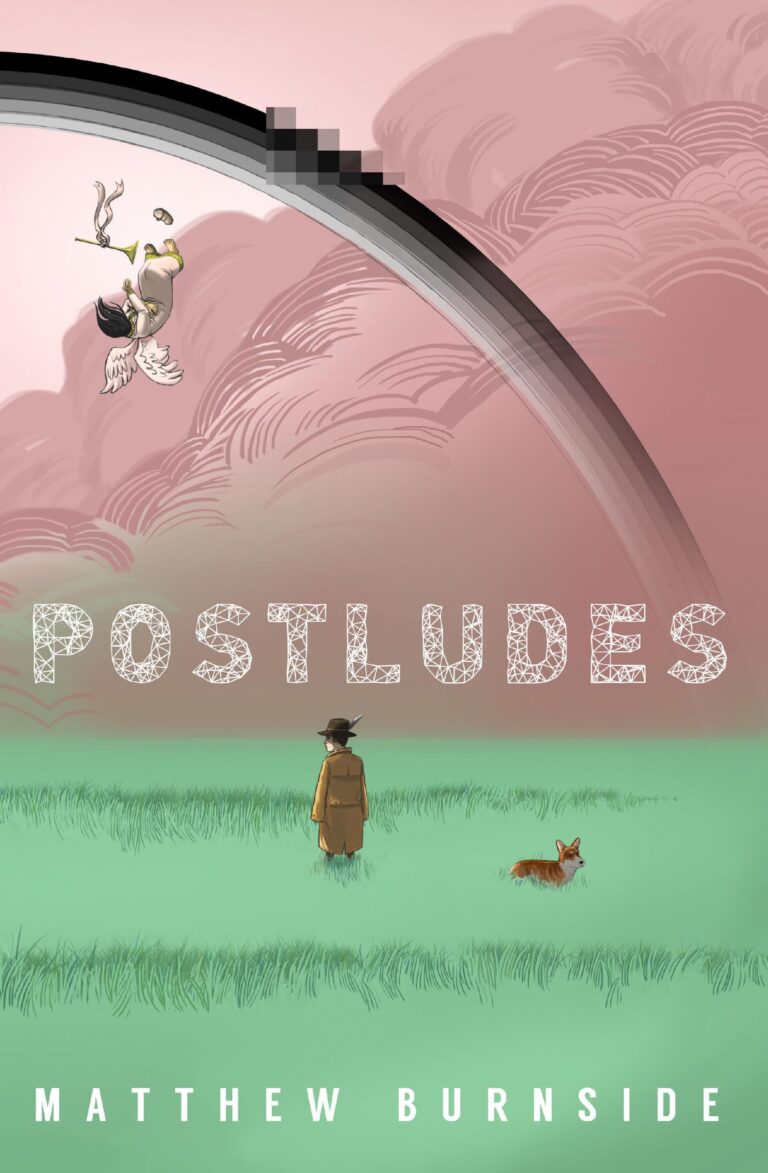The Best Story I Read in a Lit Mag This Week: “The Neighbors” by Jared Yates Sexton
Last night I was talking to a few friends about a strange experience I had the other week—I got up in the middle of the night to go to the bathroom, and when I walked through the living room on my way back to bed, I felt a deep unease. I picked up my pace and I tried to brush it off. I’m too old to be afraid of the dark, I told myself, and anyway, this was my apartment. Nothing scary here.
A few hours later I got up to buzz in my boyfriend—a bartender who’d just finished his shift—and I stood just outside the door, waiting for him to climb the stairs. I greeted him, and when we turned around to head inside my apartment, the light from the hallway fell across the couch, where there was someone, a friend of one of my roommates, asleep beneath a heap of blankets.
I was startled and surprised—not that there was someone there, but that my body seemed to know about that presence well before I did. It made me wonder about all of the other times I’d had a sinking feeling of dread, but tried to push that feeling away: what had I overlooked and ignored?
When I read “The Neighbors” by Jared Yates Sexton in NANO Fiction last week, I thought about what it’s like when we react to something unseen but felt, just as the characters do in this story. At 300-something words, “The Neighbors” is a glimpse into the distant and tense relationship the main characters, the narrator and Connie, have with the family that lives next door. The neighbors are private, polite, quiet. They object to loud music. Other than that, they’re unremarkable. But still, the narrator and Connie have their misgivings.
On the surface the characters and premise seem normal—we open in a domestic scene of two people having opinions about their neighbors. Not everyone has opinions about the people who live next to them, unless of course those neighbors are truly loud or unruly. (Personally, as long as no one is waking me up in the middle of the night, I’m happy to take a live and let live approach.) But there are a certain kind of people who do care, no matter how inoffensive, unassuming, and reasonable their neighbors might be. These people, I’ve found, are often rigid, entitled, and bored—and it seems like maybe our narrator and Connie might fall into that camp.
There’s something absurd in their distrust: initially the only evidence we’re presented is that the neighbors “prefer privacy to brotherhood” and keep odd hours. Ok, we think, that’s not so bad. (And anyway, how would these characters know that their neighbors are keeping odd hours unless they’re keeping odd hours themselves?) From this, the narrator and Connie wonder: Do they have kinky sex in their basement? Have they maybe murdered children? It’s a leap to go from “our neighbors stay up late” to “maybe they killed that kid found in a ditch the other week.” Such a big leap in fact, that we can’t take the narrator’s suspicions too seriously, even as he tries to temper his outlandish speculation with “You never know.”
The absurdity of their assumptions does a lot of work in this story. To start, it’s funny, and the humor draws the reader in. That Connie and the narrator are having such a strong reaction to people who seem so innocuous characterizes them as either uptight and nosy, or privy to some information that we don’t have. Either way, to watch their reactions is to be entertained by their idiosyncrasies.
But Sexton doesn’t go too heavy on the absurd here, which is part of what makes the story so great. It’s easy to go overboard on quirky, especially in such a short story where there’s not a lot of room to balance a character out. Part of the way that Sexton maintains this balance is by showing us that these characters respond to their surroundings in a controlled way. There’s a logic to their behavior, even if we can’t quite parse out what that is. The narrator comes to conclusions at the end of the story that read as level-headed and calm, even though what he’s saying should feel extreme, and even though we know that he’s probably not the most reliable narrator.
By the end, the story takes a dark turn, which paired with the earlier humor and absurdity makes this story a treat to read. It’s not clear how much we should trust the narrator and Connie—perhaps not much at all—but Sexton’s story introduces that same doubt, the same sinking feeling in the gut I got while walking through my living room in the dark the other day. Head on over to NANO Fiction to check it out!
“The Best Story I Read in a Lit Mag This Week” is a series focused on—you guessed it—great pieces of fiction in recent issues of literary journals. Have a journal you think I should check out? Tell me about it in the comments or shoot me an email at lymreese at gmail dot com.


